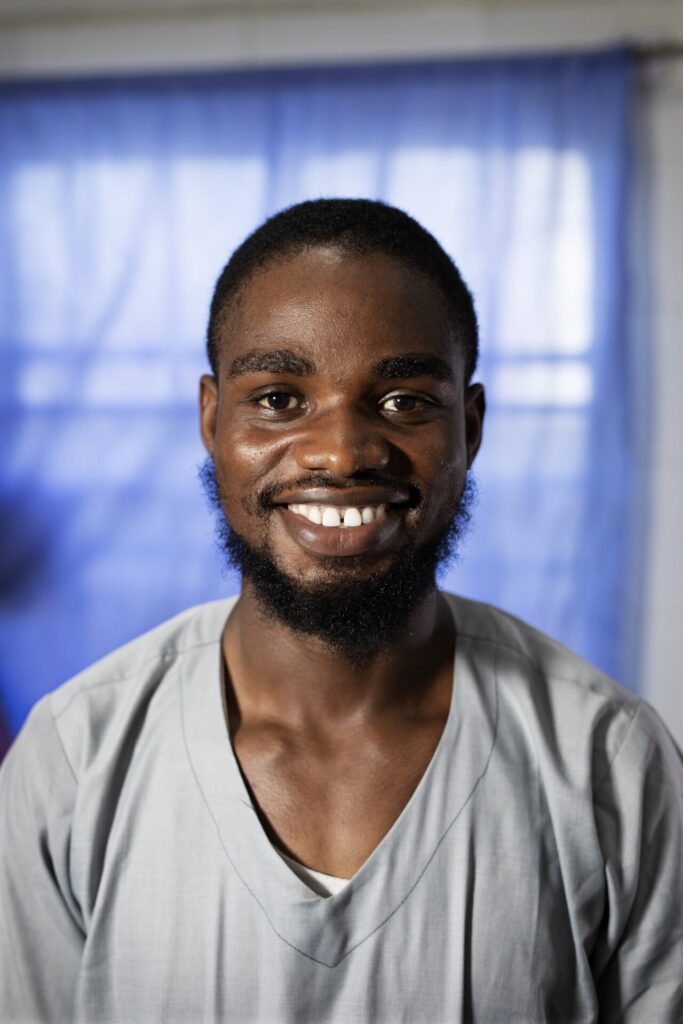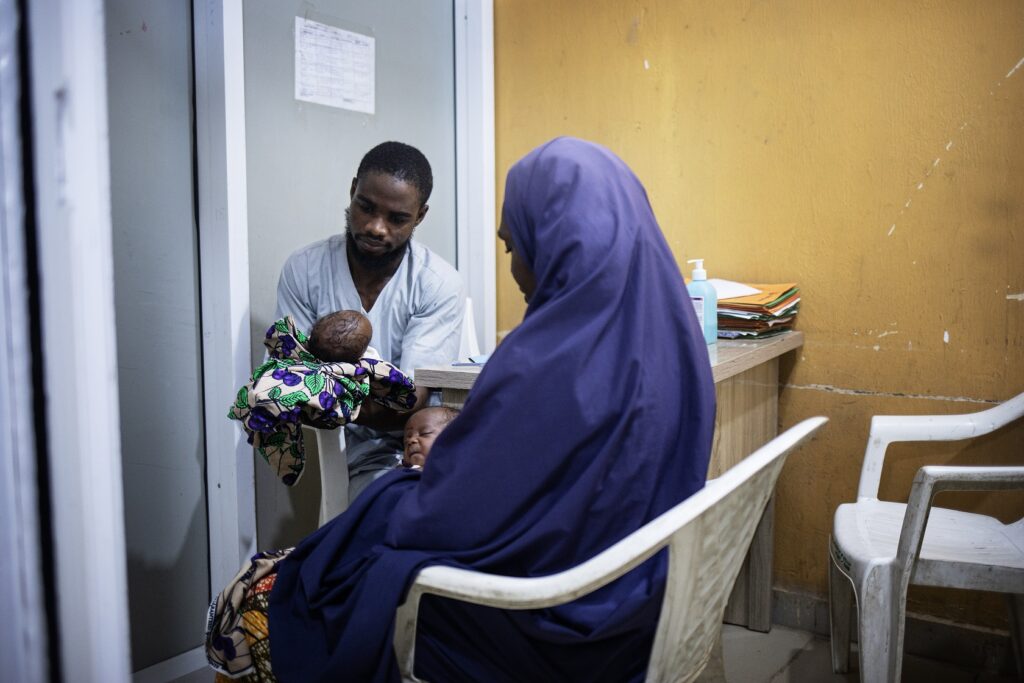Rabiu Salisu Adam is a community health extension worker who provides outpatient care consultations in the MSF-supported facility Tudun Fulani Primary Healthcare, in Kano, Nigeria. He has participated in the Outpatient Care training programme of the MSF Academy for Healthcare, a six to nine-month work-based training that aims at strengthening the competencies and skills of consultations providers in primary healthcare facilities.

Following his participation in the Outpatient Care training programme, Rabiu started implementing the newly acquired knowledge and skills in his daily work, such as the triage system to sort out emergencies, history taking and physical examination of the patients. However, these changes were met with initial resistance from some patients due to unfamiliarity with them, so Rabiu and his colleagues worked on explaining and communicating them. “There is traditional belief of people coming from far villages, they don’t want their child to be exposed, and for you to do a physical examination when consulting, you need to explore the child. So with time we are educating them on the issue, showing them the importance. They now understand.” Another challenge was implementing the triage system, as patients were accustomed to being consulted based on the order of arrival rather than emergency priority. A transversal aspect of the Outpatient Care training programme is focused on strengthening the competencies related to the behaviour of the healthcare provider and the communication with the patients.
With time we are educating them on the issue, showing them the importance. They now understand
Reflecting on the impact of the training, Rabiu expresses that he can now provide higher quality care to patients due to improved patient assessment and clinical reasoning skills. “There was a time I was consulting a patient, her main complaint was just macules. It’s a skin problem, it was very itchy for her, she couldn’t even sleep sometimes.” Rabiu then performed the consultation steps the way he learnt during the training programme. “Then, through detailed history taking, I discover that the woman is married, and she got it from her husband. Then I perform physical examination and I discover that she had another skin problem in her leg that she is not concerned with. I explain to her that ‘you have another problem, and we know the drugs that will make you feel comfortable and recover from it.’ Then I tell her that for her to be recovered ‘you need to ask your husband to come to the hospital and be treated because this is a contagious thing that you can take via skin contact’”. Rabiu is proud of this case because it’s an example of how his consultation skills have improved in his practical work.
For Rabiu, the training served as an opportunity to learn new skills and reacquaint himself with procedures that were underutilised. He takes pride in delivering a standard person-centered treatment to all patients, applying MSF clinical guidelines and a diagnostic process that can potentially save lives. The Outpatient Care training programme of the MSF Academy has already been implemented in seven different MSF projects across four countries and more than 130 healthcare providers have received their completion certificates.

